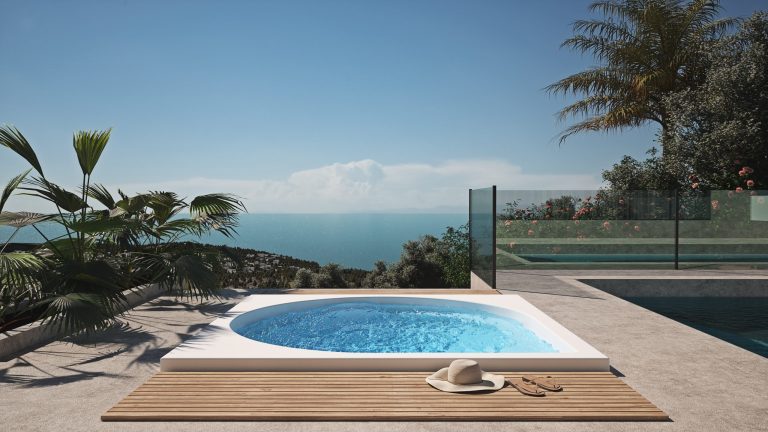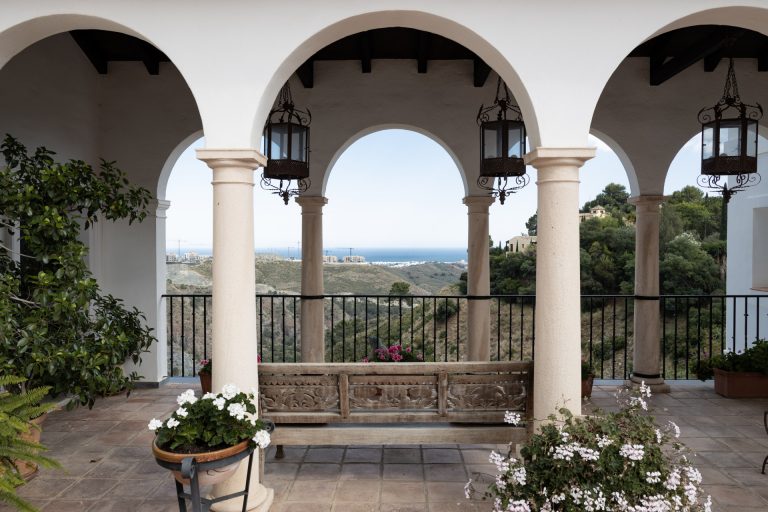The world was shocked by the sudden attack of an invisible enemy, COVID-19. It ravished the world at lightning speed, leaving us dumbfounded. Countries like Spain and Italy didn’t have time to realise what was happening. Overnight we were in lockdown with drones, helicopters, the army, the police enforcing people to stay locked up in their homes.
Spain’s drastic measures were unprecedented. From one minute to the next the entire country was shut down, under a zero-tolerance lockdown, which was viciously enforced by the state without mercy. Its residents were not given any time to assimilate to what was happening or adjust to these new laws. People were being reprimanded, fined and in some cases arrested. It was a shock to the system. It still is a shock to the system, as the country continues to live in a zero-tolerance lockdown.
These measures may be dramatic and very hard on its people, but luckily Spain is starting to show some positive signs in what seemed a never-ending nightmare. We are now starting to see the light at the end of the tunnel. That does not mean to say that we are out of the bushes yet.
Now, most of us with a lot of time on our hands, have been thinking about the future and what impact this lockdown will have on the country’s economy and its people. COVID-19 raises a lot of questions for Spanish homeowners and real estate investors.
In an attempt to answer some of your questions, we have prepared some questions and answers regarding the impact of the Coronavirus pandemic (COVID-19) on the Spanish housing market, how it will be affected and its foreseeable recovery.
How will COVID-19 affect the property market in Spain?
The Coronavirus pandemic is going to affect the economy of the country, including that of the property market in more ways than one. The main driver, which will change the scope of the property market in Spain, is the mental effects it will have on our lives, which will also impact our economy. We still don’t know when we are going to be able to resume our “normal way of life”, but beyond this “normality” we should focus on the effect that the duration of this crisis will have on our psyche.
Since the crisis of 2008, the percentage of rented homes compared to mortgaged homes has increased. This is due partly from a lack of savings and the tight fist approach lending entities adopted following the crisis. It is also largely due to the dramatic change in our way of thinking that was brought on by the 2008 crisis. People went from wanting to own a home to renting instead because it became a way of protecting oneself against the unexpected.
We have already been noticing a market switch starting to take place. Houses that were up for short term rentals in holiday resort areas like the Costa del Sol, are now being marketed for long term rentals. Spanish Property owners, locals and foreigners alike are already thinking long-term. Just a few months back, it was a challenge to find a home to rent long-term anywhere on the Costa del Sol. Many homeowners reserved the summer months to rent their properties weekly which generated a very lucrative income and as well to keep for their own holiday use. In view of this sudden change in the market, in the last month, we can expect the opposite to happen. The market will be flooded with long-term rentals and there will be a limited choice for short-term rentals. This sudden growth in long-term home availability will turn the market into a rental market, and prices will drop as owners compete to rent their property.
Likewise, this uncertainty for the future of Spain is forcing people to want to sell. Many homeowners who are worried about economic instability are looking to sell their home quickly, of fear of getting their homes repossessed, as was the situation back in 2008, where an unprecedented amount of people were ejected from their houses. They lost everything and the banks ended up with an enormous inventory of repossessed homes and new developments. This will turn Spain’s property market into a healthy buyer’s market.
Banks are already offering more slack opportunities to get a mortgage, enabling more people to access finance and as well they are already starting to offer very competitive mortgage rates. This is great because it places real estate buyers in a position to acquire more with more money. As property prices drop and mortgage costs lower, the investor’s buying power is stronger. So long as they can sit on their investments until the market starts climbing again; this is an opportunist market to grow a strong portfolio that will in future become money-making machines.
Will we keep buying property?
The answer is yes. However, from our past experience, we have all become savvy with the impact of a sudden economic downfall and economic curves. We now know where the peaks are and what it means to flatten the curve. This time around we have the knowledge to play it smart, something we did not have in the last shock back in 2008.
We need to flatten the curve this time around so as not to stress the real estate market as we did the last time around. We need to take action in a more calculated manner to avoid the disastrous scenario that took place back in 2008, where lenders ended up with an overflow of repossessed homes rendering people homeless.
Buyers need to calculate their moves and make sure their acquisitions and the cost of maintaining these acquisitions on a long-term basis is viable.
Banks have already been taking measures to ensure that the buyer’s market stays active, without crushing buyers into a corner by lowering rates and offering attractive fixed-rate options which enable buyers to calculate their long-term costs more accurately.
What will happen to the rental market?
We have been seeing a shift in the rental market already. Propelled by property owners who are presently in lockdown, short-term rental properties are now being marketed on property portals for long-term rental. The panic at the losses derived from tourism makes owners think that the solution is to divert towards a less profitable but more stable market.
Not a bad idea, as it is fair to imagine that it will take a while before people start holidaying again. The economic uncertainty that will follow the lockdown will keep a large majority at home, reconsidering what to do and how to spend their savings. Many, will face a difficult future and may want to sell their home quickly to save themselves from losing everything. These people will be looking to rent long-term, which will boost the market and provide a more stable income for homeowners.
How will property prices be affected?
Before the COVID-19 attack, we were getting close to boiling point. Whilst we were not anywhere near the significant drops of 2008, The Spanish market did show first signs of property prices beginning to drop a little. Inevitably, the Coronavirus is going to accentuate this drop and we can assume in a relatively dramatic way.
How far it will drop will depend heavily on the length of the lockdown and Spain’s ability to kick-start its economy again once the lockdown is lifted.
Spain’s productivity will have to be reactivated almost from scratch. It will take time before Spain can stabilise. It will take even longer for the country to reach a level of profitability. It will first need to absorb the costs of workers affected by ERTE. The self-employed will have to recover as well as the large institutions and it will take even longer to regain consumer confidence. Once the country reaches a stable position and consumer confidence is reinstated, only then will property prices start to rise again. Spain’s property market will be a buyer’s market for the foreseeable future.
What other factors will affect the Spanish real estate market?
We need to look past the economic factor, which has a dramatic influence on the property market no doubt. We must also pay attention to other factors which will affect the property market long-term.
Once the lockdown is lifted and we can go back to living our “normal” lives, the reality is that it will never be the same ever again. Our behaviour, our approach to relationships, workspaces and so many other factors may change. This will influence how we think of property and how we think of buying and selling property. We may end up jumping into the future, faster than anticipated.
Our approach to marketing properties will become much more online focussed, using social media, online portals and other means that enable us to conduct business from the comfort of our own homes. We have now envisioned a world apart, where meeting face to face shouldn’t be essential to promote, buy, sell or rent a property.
3D videos and virtual tours to showcase properties will become much more of a natural way of searching, looking and choosing property. Foreigners will not have a need to come and visit the properties. The use of smart contracts to reserve a property and even the ability to close a deal online will become a way of life. A system will be built that is lockdown proof as we think of ways to move forward without ever being held back again, no matter what comes our way. This natural transition will take its time and it will affect the market, in the long run, for the better.















































































































































































